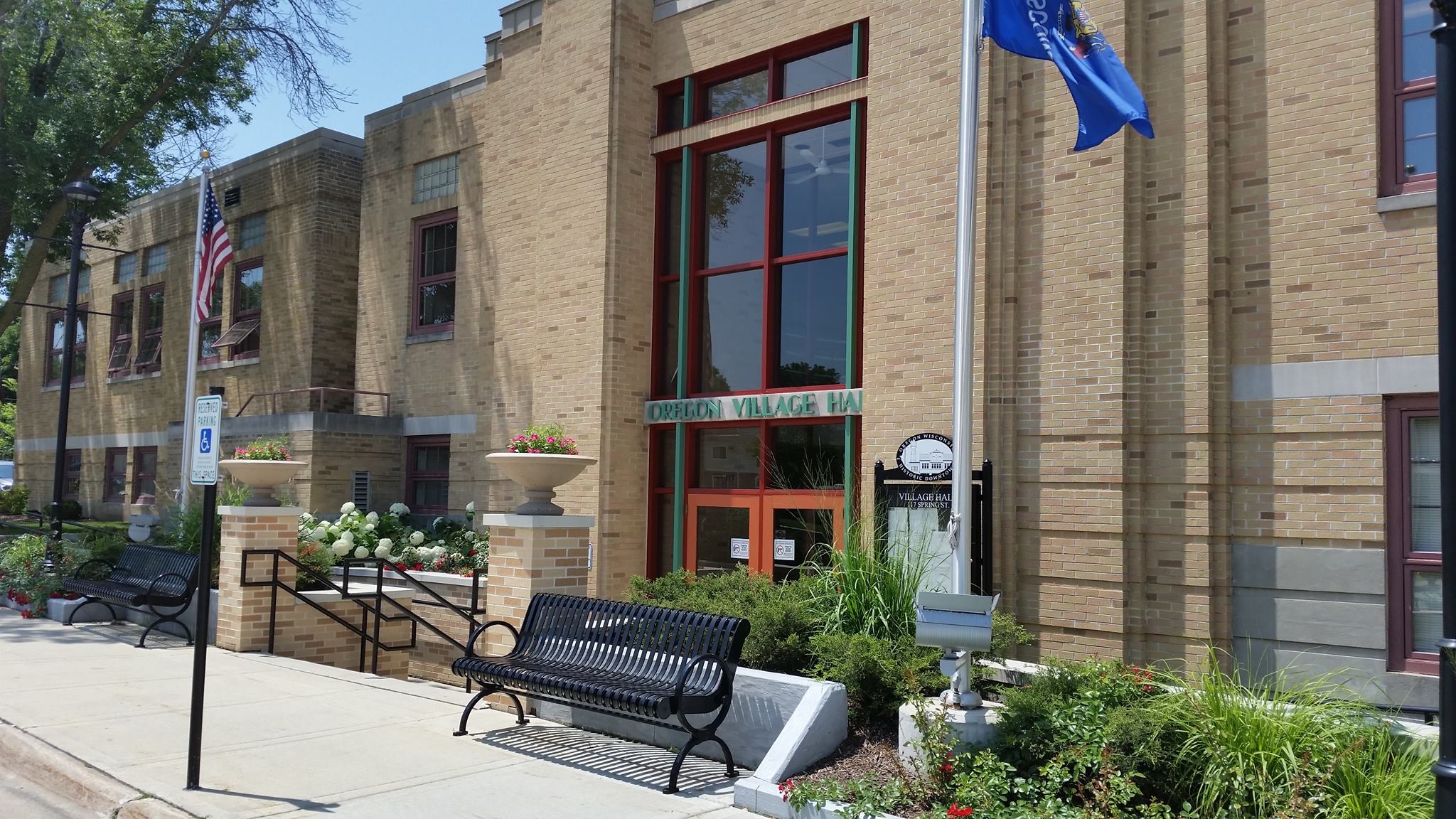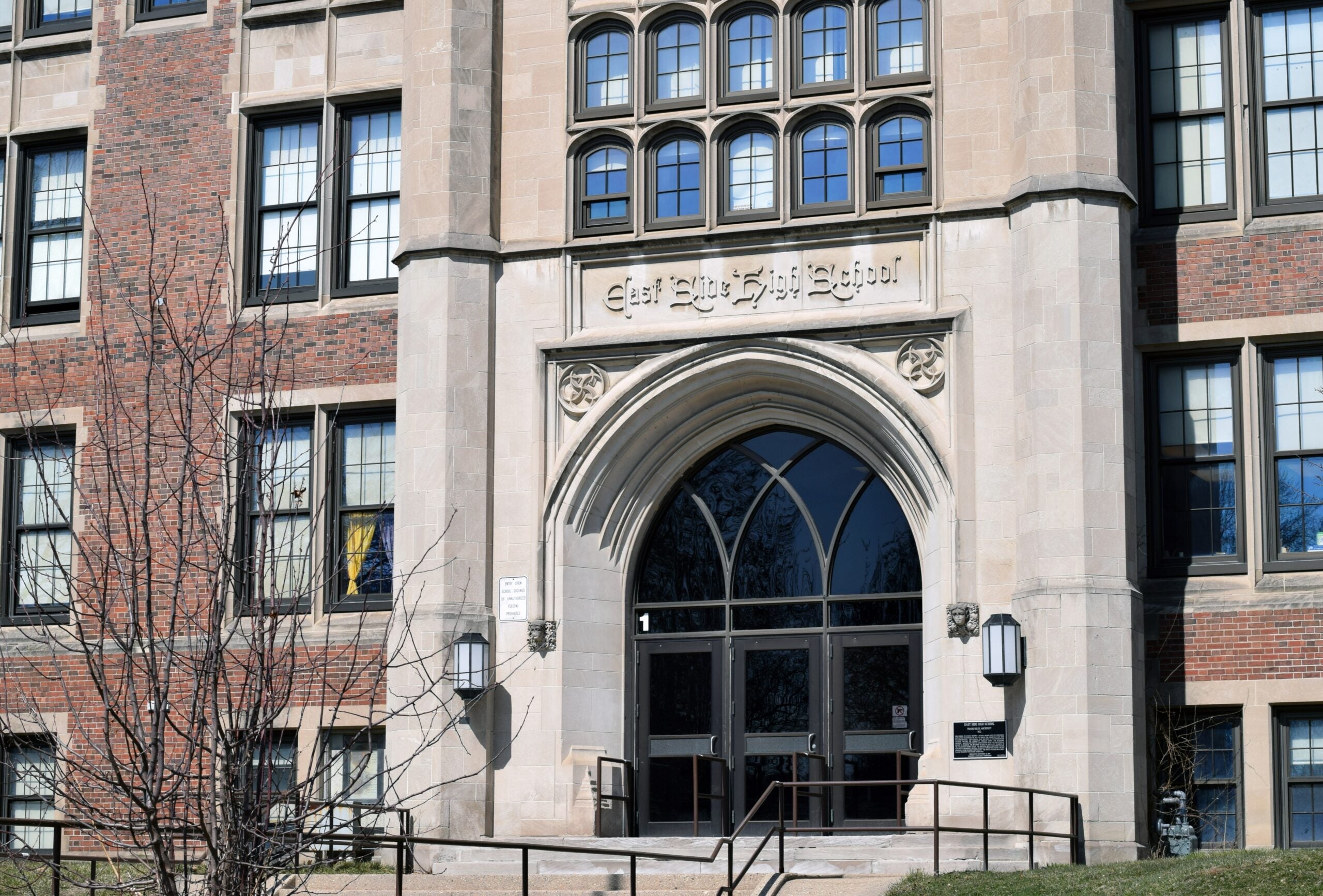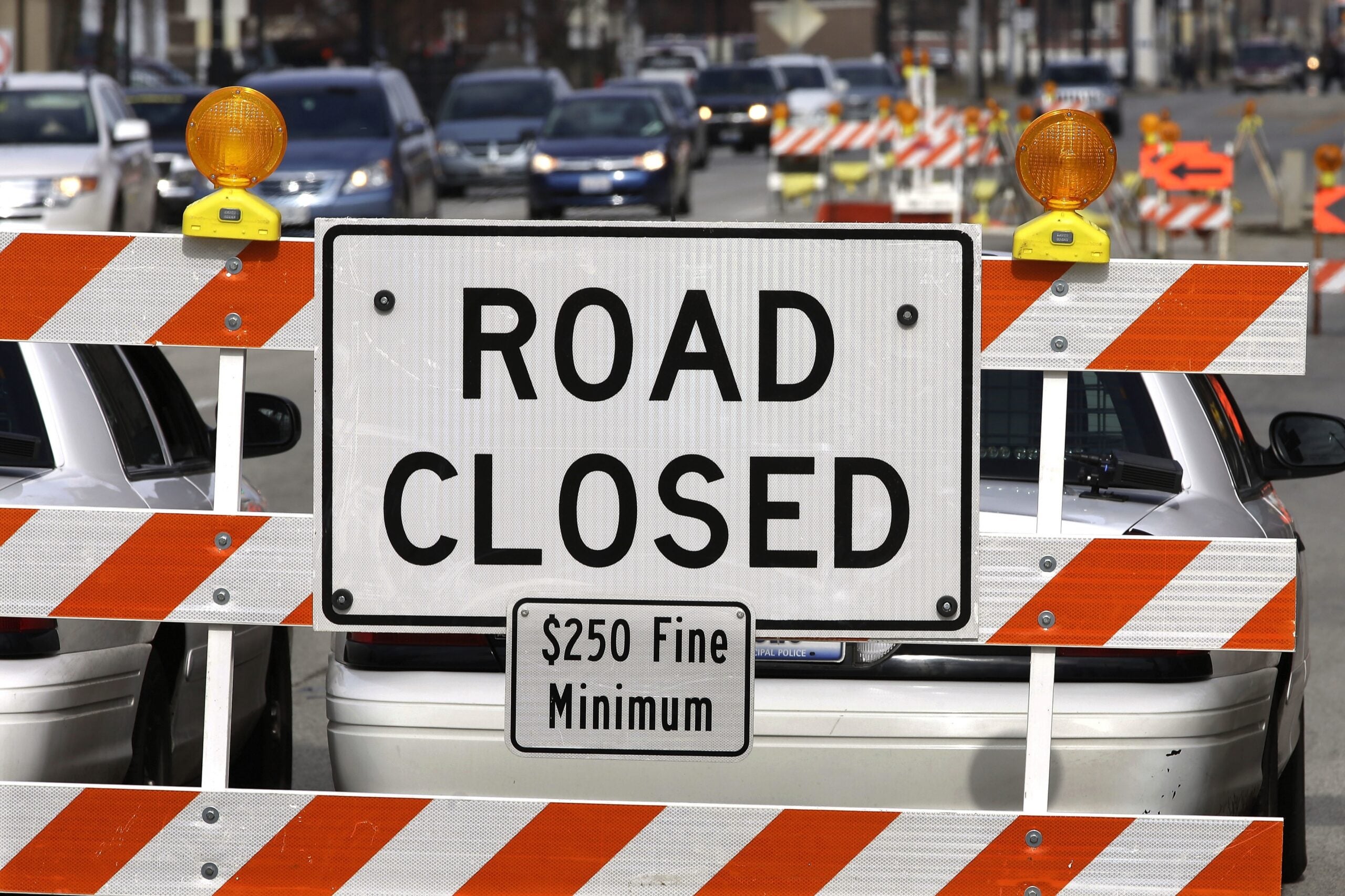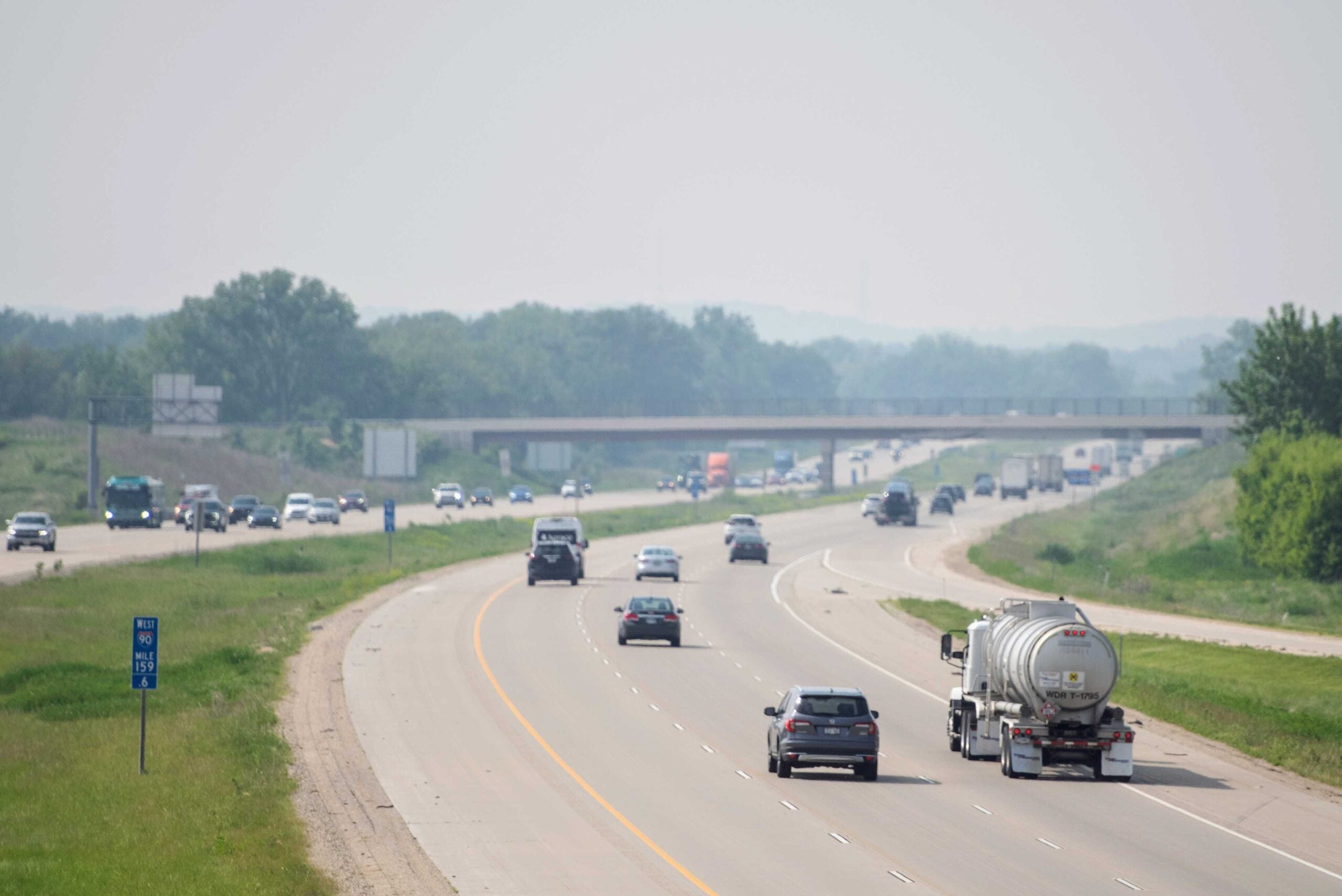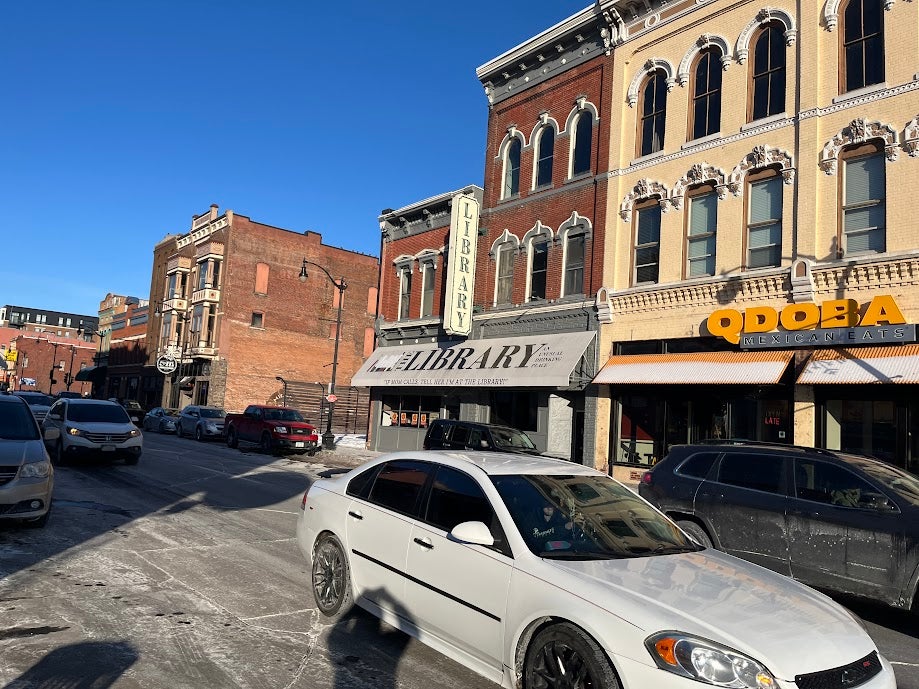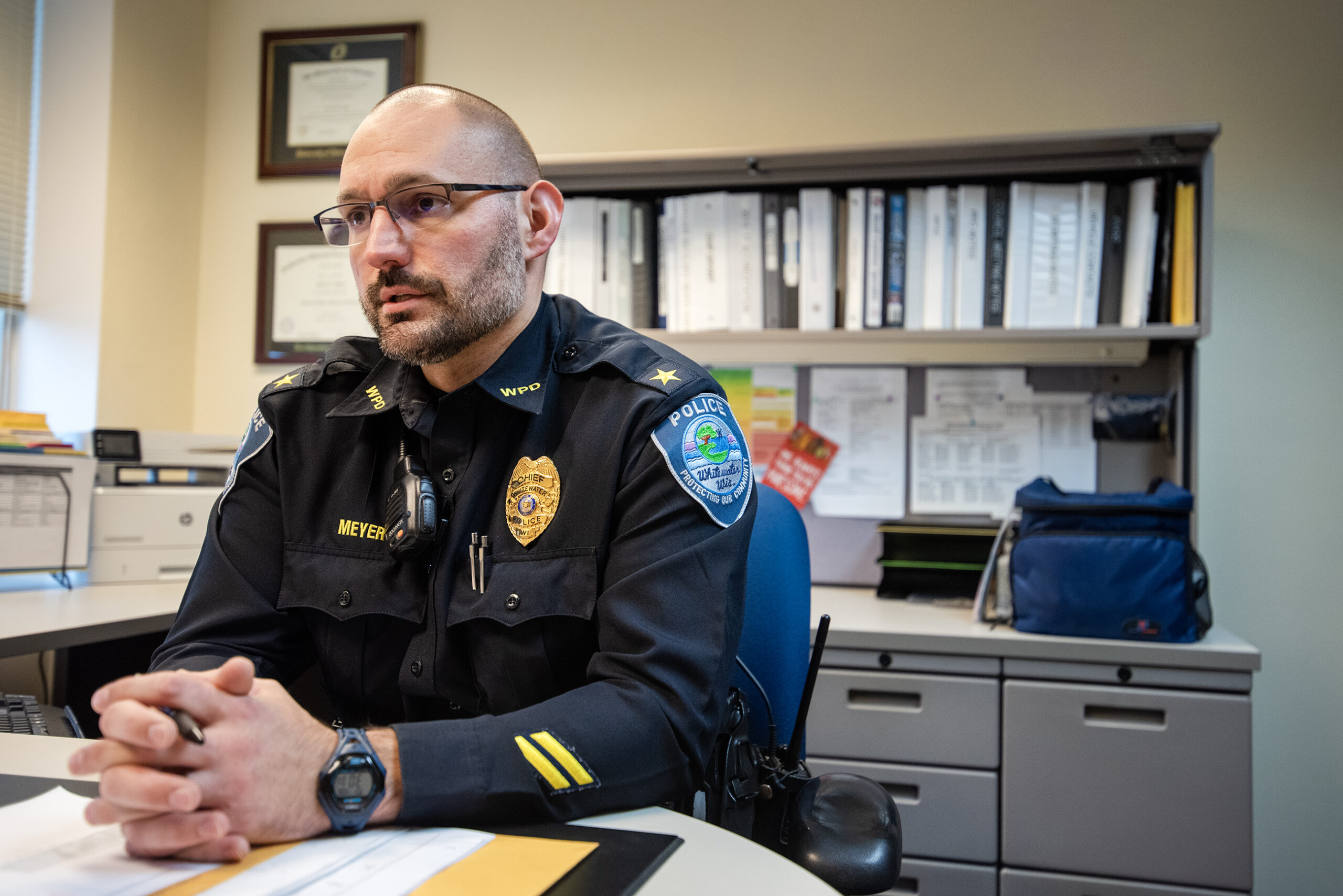When the Wisconsin Legislature passed an update to the state’s shared revenue system last year, lawmakers heralded it as a way to reduce a state funding gap between rural and urban communities and a lifeline to help communities make ends meet.
A year later, local leaders from municipalities across the state say the changes helped but fell short of solving their budgetary challenges.
Some are turning to operational referendums to raise the local property tax levy just to maintain the services they currently provide. If they fail, it could mean scaling back social services, road maintenance and public safety offerings, among other cuts.
News with a little more humanity
WPR’s “Wisconsin Today” newsletter keeps you connected to the state you love without feeling overwhelmed. No paywall. No agenda. No corporate filter.
The village of Oregon, just south of Madison, is in the process of planning a potential referendum for next spring.
Village Administrator Martin Shanks told WPR’s “Wisconsin Today” that the new shared revenue law helped make up for what they lost out on over the previous 20 years under the old system, but that’s not enough to keep up with the rising costs of services.
“The pandemic and then the inflationary environment after that really broke the backs for all these communities,” Shanks said. “We just cannot keep up with the expense of just maintaining what we’re currently doing.”
Oregon’s ability to increase the property tax absent a referendum is limited to the value of new construction in the community each year. Shanks said most of their growth is residential. More residents means more demand for local services.
The village might see a 1 to 3 percent increase on its property tax levy, Shanks said, while facing 5 to 10 percent inflation on its costs.
“I think the way that the law is currently written, I don’t think that that’s a tenable future for any local government in terms of actual sustainability,” he said. “I think you can look at the school districts as a model for where local governments are headed. You’re going to have to keep going back to referendum periodically in order to continue to support your existing services.”
When voters say ‘no’
Other municipalities have already tried an operational referendum and failed.
Up in Forest County near the Michigan border, voters in April overwhelmingly rejected a county referendum, with 70 percent of voters opposing the tax levy increase.
Forest County Board Chair Ron Skallerud told “Wisconsin Today” their only option to balance the budget now is to reduce services to keep up with costs.
“The first thing we’re doing with all of our department heads is giving them their historical budgets and basically doing zero sum funding, saying everything’s going to be zeroed out,” Skallerud said. “Every line item you’re going to have to justify, every dollar you’re asking for. And then, as a county board, we’re going to determine: Is that a necessity or not?”
The county of just over 9,000 full-time residents faces some unique challenges. Skallerud said the majority of land in the county belongs to the U.S. Forest Service or tribal nations, so only about 17 percent of the land generates property taxes for the county.
The Forest Service provides some funding to the county, but Skallerud said it’s less than what the county could generate in property taxes on that area, all while the county still provides its services to that land.
The financial gap led them to the referendum to try to maintain their current levels of operation. But even with cuts coming in this budget cycle, the county board chair is concerned that continued inflation will require them to make additional reductions every year.
The county is limited in how often it can go to referendum to ask voters again for more funding. But Skallerud is optimistic that a county as small as his will benefit more and more from the updated shared revenue program over time, even if it doesn’t solve the entire problem.
Wisconsin Public Radio, © Copyright 2025, Board of Regents of the University of Wisconsin System and Wisconsin Educational Communications Board.

